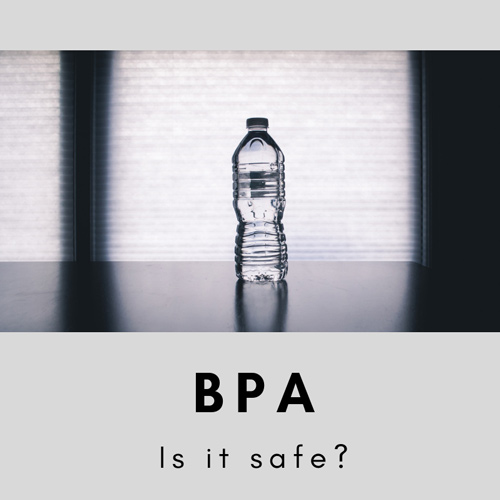
A study due to come out with final results later this year, called CLARITY-BPA hopes to shed more light on this chemical.
Preliminary results of this 7 year collaboration study have been mixed, and scientists and endocrinologists involved with the study are disagreeing on whether the results will actually help clarify once and for all if BPA is indeed harmful at the low levels that the FDA currently says are safe.
There have been concerns about BPA, even expressed by the FDA, about the potential effects of BPA on the brain, behavior, and prostate glands in fetuses, infants, and young children.
Animal studies have shown possible hormone disruption from BPA, possibly increased risk for cancer, and possibly obesity and diabetes.
BPA is everywhere and it is hard to avoid exposure as it is contained in so many items, ranging from medical devices, dental sealants, water bottles, and the lining of canned foods and drinks.
In 2008, due to concerns about safety, manufacturers stopped using BPA in baby bottles and sips cup for children. As manufacturers replace BPA with other chemicals, how do we know these are safe? Do studies on rats always translate to how these chemicals affect humans? What concentrations are safe and is it a dose responsive effect?
I hope we will get some answers, but given the concerns so far and the fact that this highly anticipated study may not deliver the "clarity" it promised, what can we do?
The only way to avoid or minimize exposure to BPA and other chemicals used in plastic is to AVOID PLASTIC.
Here are some ways to avoid BPA exposure in ourselves and especially in our children:
1) Use a steel or glass water bottle and fill with your own water
2) Store food in glass or steel containers, not plastic
3) Avoid touching receipts, or wash hands after handling
4) Minimize use of canned foods. Choose frozen options or use foods sold in wax-coated paper containers
5) Do not heat food in plastic containers
Remember, even if purchasing BPA-free plastic, there are other chemicals present in plastic. Overall, reducing plastic use could not only be beneficial for our own health, but that of generations to follow and for the environment too.
In health,
Dr. Richa Mittal
